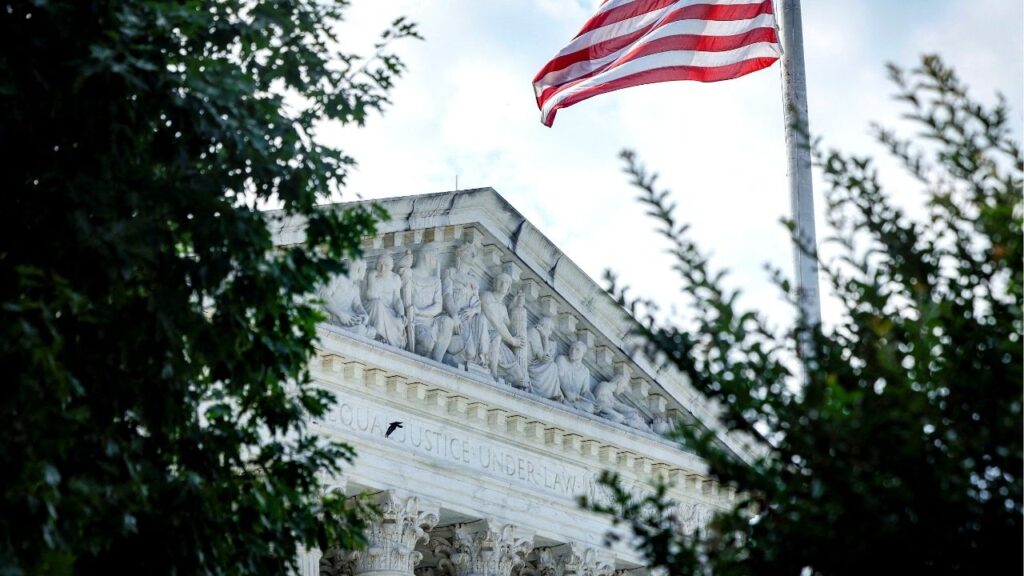White House unveils framework for AI use in national security, balancing innovation with safeguards against potential risks. (AP/Manuel Balce Ceneta)

- Framework prohibits AI applications violating civil rights or automating nuclear weapon deployment, while encouraging research.
- Sullivan emphasizes AI's unique development by private sector, unlike past government-led innovations like space exploration.
- US calls for international cooperation on autonomous drone standards, addressing concerns about lethal AI in military use.
Share
|
Getting your Trinity Audio player ready...
|
WASHINGTON — New rules from the White House on the use of artificial intelligence by U.S. national security and spy agencies aim to balance the technology’s immense promise with the need to protect against its risks.
The framework signed by President Joe Biden and announced Thursday is designed to ensure that national security agencies can access the latest and most powerful AI while also mitigating its misuse.
Related Story: ChatGPT Maker OpenAI Raises $6.6 Billion in Fresh Funding as It Moves Away From ...
Transformative Potential and Associated Risks
Recent advances in artificial intelligence have been hailed as potentially transformative for a long list of industries and sectors, including military, national security and intelligence. But there are risks to the technology’s use by government, including possibilities it could be harnessed for mass surveillance, cyberattacks or even lethal autonomous devices.
“This is our nation’s first-ever strategy for harnessing the power and managing the risks of AI to advance our national security,” national security adviser Jake Sullivan said as he described the new policy to students during an appearance at the National Defense University in Washington.
Related Story: Scarlett Johansson Says ChatGPT Voice Is ‘Eerily Similar’; OpenAI ...
Key Provisions of the Framework
The framework directs national security agencies to expand their use of the most advanced AI systems while also prohibiting certain uses, such as applications that would violate constitutionally protected civil rights or any system that would automate the deployment of nuclear weapons.
Other provisions encourage AI research and call for improved security of the nation’s computer chip supply chain. The rules also direct intelligence agencies to prioritize work to protect the American industry from foreign espionage campaigns.
The guidelines were created following an ambitious executive order signed by Biden last year that called on federal agencies to create policies for how AI could be used.
Related Story: Meta Agrees to $1.4B Settlement With Texas in Privacy Lawsuit Over Facial ...
Balancing Innovation and Responsibility
Officials said the rules are needed not only to ensure that AI is used responsibly but also to encourage the development of new AI systems and see that the U.S. keeps up with China and other rivals also working to harness the technology’s power.
Sullivan said AI is different from past innovations that were largely developed by the government: space exploration, the internet and nuclear weapons and technology. Instead, the development of AI systems has been led by the private sector.
Now, he said, it is “poised to transform our national security landscape.”
AI is already reshaping how national security agencies manage logistics and planning, improve cyber defenses and analyze intelligence, Sullivan said. Other applications may emerge as the technology develops, he said.
Lethal autonomous drones, which are capable of taking out an enemy at their own discretion, remain a key concern about the military use of AI. Last year, the U.S. issued a declaration calling for international cooperation on setting standards for autonomous drones.
RELATED TOPICS:
Categories

Tornado in Southern Brazil Kills Six, Injures Hundreds



















